Discussion centers around attempts to address gender inequality
When Chinese standup comic Niao Niao appeared as a contestant on the popular online comedy show Rock&Roast, she drew plenty of laughs for her views on a "mommy's boy", amusing the audience with her disarming sincerity on the issue.
"How does a man who constantly talks about his mother all day long come to exist? Is it because his mother tells him it will help him if he mentions her more often in the future?" she said.
Her words triggered waves of laughter from the show's judges and the live studio audience, and the scene has since been viewed more than 3.23 million times on Tencent video.
Niao Niao, who uses a stage name, later suggested that almost every mommy's boy has a dominant mother but an "absent father".
An analysis published in the journal Critical Discourse Studies on Jan 23 offers an academic response to the term "mommy's boy".
Referring to a man raised by a doting mother, who has an unhealthy dependence on her at an age when he is expected to be self-reliant, the term has become a buzzword on Chinese social media.
Niao Niao's act is timely. A new report by two scholars looks at 43 posts on Chinese social media from April to June last year that included the words "baby man". The scholars also looked at the popularization of this term.
After drawing on more than 50 research studies, they came to this carefully phrased conclusion: There is extensive and complex use of the term "baby man" on Sina Weibo, in addition to "mommy's boy", and "baby men" are treated as a new subordinate group by those using the former term.
The scholars, Chen Yifan and Gong Qian, social scientists from Curtin University in Perth, Australia, feel that the term "baby man", or "nan bao" in Chinese, which refers to men behaving like babies, is extensively used on social media.
Used in a lighthearted manner, "baby man" changes the way in which the two sexes view each other, as it describes men spoiled by employment opportunities, and reproductive priorities in modern Chinese society. The scholars said this light-hearted approach is a deliberate attempt to address gender inequality.
Chen and Gong said self-empowerment among young women is aimed at taking a moderate, rational but firm stance to find their rightful place in an ideal harmonious Chinese society.
They said the term "baby man" is not limited to a specific marital status. Instead, it depicts men in general as self-centered adults demanding constant pampering and attention from society.
Gong, co-author of the report and a senior lecturer in education at Curtin University, said the term is being used in a concerted effort to raise awareness about the inherent advantages men have in society.
"The group that posted the content on social media — predominantly female and deeply attuned to gender issues — has likely experienced gender inequality firsthand during education or in their personal lives. Their self-awareness and independence are very strong, and they want to discuss certain topics by using this type of language," she said.















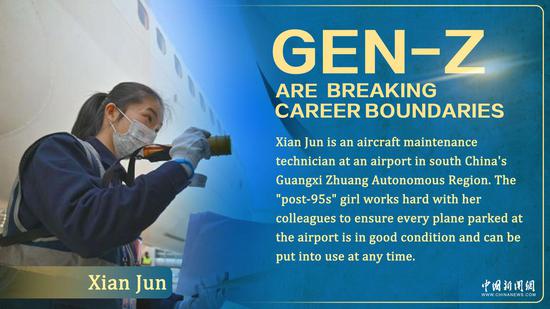





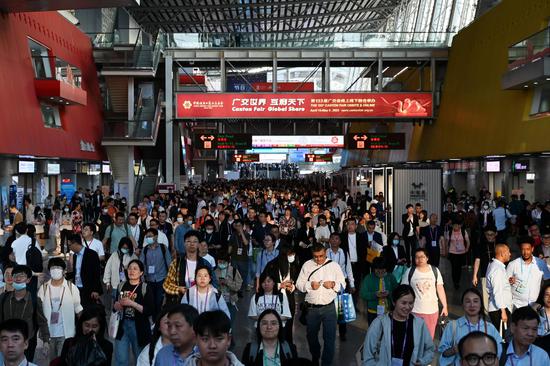
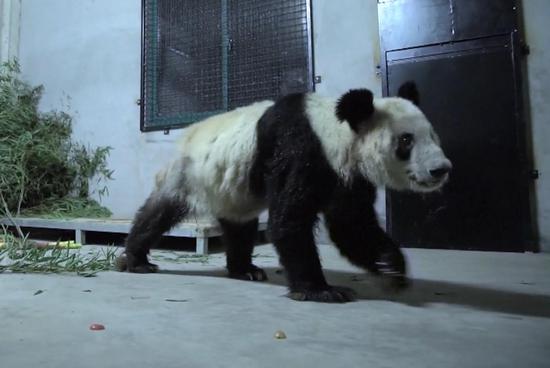









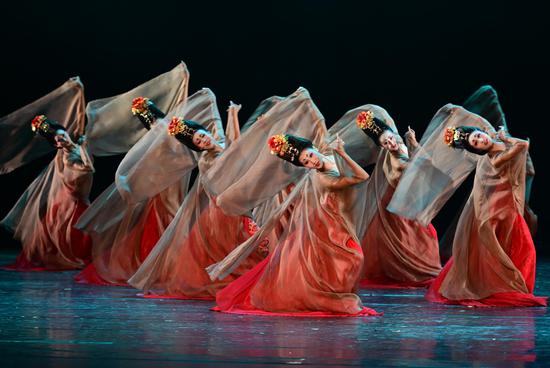
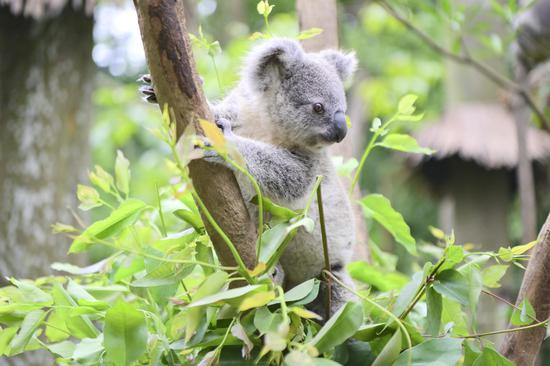







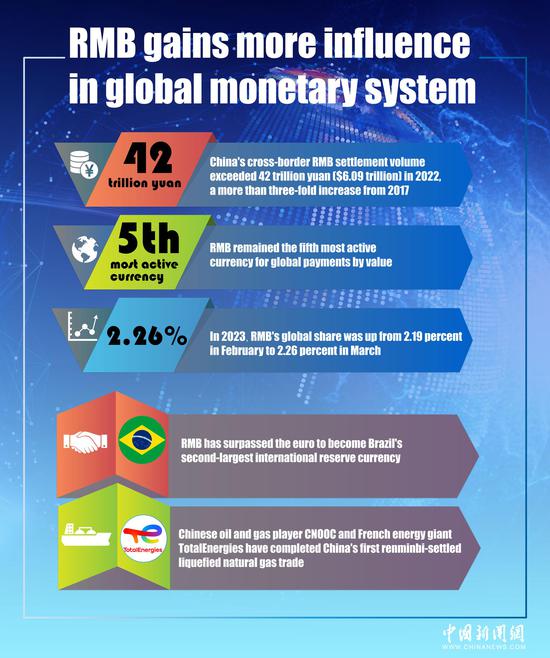








 京公网安备 11010202009201号
京公网安备 11010202009201号